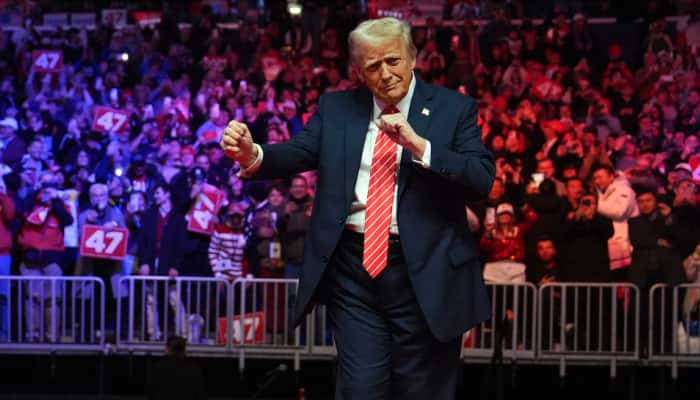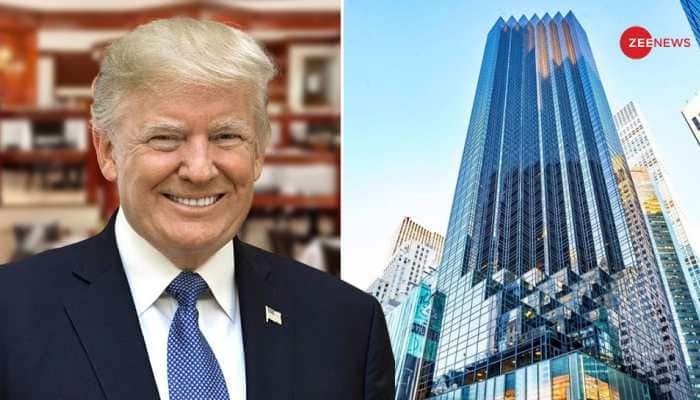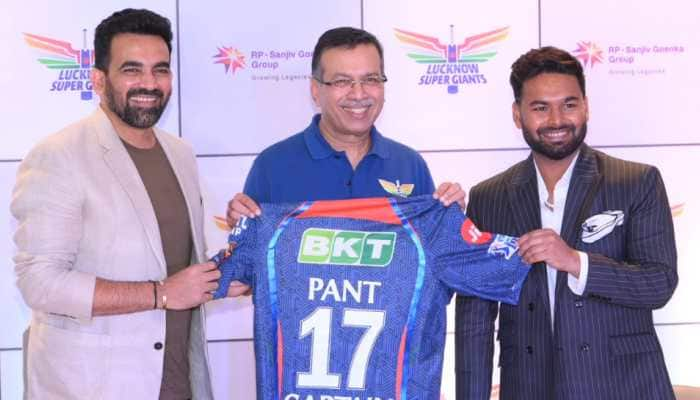India ready to give preferential tariffs to all SAARC members
India is ready to give preferential duty concessions on all products to SAARC members to give a boost to free trade in the region, Union Minister Nirmala Sitharaman said Tuesday.
Trending Photos
)
New Delhi: India is ready to give preferential duty concessions on all products to SAARC members to give a boost to free trade in the region, Union Minister Nirmala Sitharaman said Tuesday.
At present, India gives zero-duty access for least developed countries (LDCs) of South Asian Association for Regional Cooperation (SAARC) for 100 percent of tariff lines, except for alcohol and tobacco.
"For non-LDCs also, India has generously allowed preferential trade access for 90 percent to the total tariff lines. We are prepared to go to 100 percent level in terms of the SAFTA (South Asia Free Trade Agreement) roadmap agreed by India with Pakistan in September 2012," Commerce and Industry Minister Nirmala Sitharaman said here.
She was speaking at the 'South Asia Economic Conclave' organised by CII.
The minister said that four of the SAARC countries, including India, have put forward a collective vision to achieve preferential trading arrangements in almost 100 per cent of the tariff lines by 2020.
"I am confident that the consensus can be achieved for a defined timeline for the 100 per cent tariff liberalisation with special and preferential treatment for LDCs and vulnerable economies. I reiterate that India is willing to take asymmetric responsibility towards achieving this goal," she said.
The regional trade among SAARC members, which include Pakistan and Afghanistan, is well below the potential even as the members signed the SAFTA pact in 2004 and trade liberalisation started from 2006. Lack of consensus among key countries of the region has been a roadblock.
As part of measures to boost trade among members, India granted the 'Most Favoured Nation' status to Pakistan in 1996 but Pakistan is yet to reciprocate to that.
Talking about the proposed SAARC Development Bank (SDB), Sitharamn said the current fiscal constraints of the South Asian countries are "impediment in raising enough equity, capital for South Asia development Bank".
"But it is my view that we must evolve a roadmap for such SDBs even if it starts with modest equity contribution," she said.
The SAARC Ministerial in Bhutan in 2014 stressed the need for a regional development bank.
"This would be able to focus more on infrastructure projects and their funding requirements for the entire region and target consortium lending by joining with ADB, World Bank and also with AIIB," she added.
Talking about hydro power potential in the South Asian region, the minister said India, Nepal, Bhutan and Pakistan together have a hydro-power potential of about 300,000 MWs.
"More than 80 per cent of this potential is yet to be harnessed. The SAARC countries need to coordinate among themselves to tap the hydropower potential not only for environment gains but also for accessing long term cheap power which can increase the manufacturing competitiveness of this entire region," she said.
She also asked for a better grid connectivity in this region as it would help in boosting electricity trade.
Sitharaman said that huge capital would be required to tap the hydropower potential.
Capital requirement for "such projects cannot be fully met from within the South Asian region. We need to have capital financial flows for it," she said adding as per estimates, roughly USD 400 billion would be required for this.
She informed that during the 17th SAARC Summit at Maldives in November 2011, the Finance Ministers have been mandated to chart a proposal for ensuring greater flow of financial capital and intra-regional long term investments.
In this context more groundwork is required regarding issues related to cross border investments within South Asia, she said.
The minister said that during the 18th SAARC Summit in Kathmnadu, the leaders renewed their commitment to achieve South Asian economic union in a phased and a planned manner through a free trade area, a customs union, a common market and a common economic and monetary union.
"However to realise this vision, we should first work towards a speedy implementation of reaching the first mile stone of a free trade area," she said.
Sitharaman also emphaised for smooth movement of cargo and vehicles within the region to promote tourism and reduce logistics cost.
She added that India's FDI is going outside South Asia. "We need to change this narrative. India will have to think about this narrative because if we are talking about greater South Asia integration, our outbound FDI will also have to find greater South Asian investment zones rather than look for outside the region."
Speaking at the occasion, Nepal Minister of Commerce and Supplies Sunil Bahadur Thapa called for free movement of goods and people to increase trade and investments in this region.
The economic integration will not only help in boosting trade but also in creating jobs and improving standard of living, Thapa said.
Maldives Finance Minister Abdulla Jihad said the trade figure is very low in this region and there is a need to work on improving ease of doing business to facilitate trade.
Currently the intra-regional trade stood at about USD 28 billion.
Ministers of Bangladesh, Bhutan, Maldives and Nepal called for reducing tariff and non-tariff barriers within the South Asian region in order to boost trade and investments.
Bangladesh Commerce Minister Tofail Ahmed said that the member countries should take active measures to bring down tariff and non-tariff barriers that limit the expansion of regional trade.
"Lot of potential is there in the region but the result is not that much favourable. We need to work on improving connectivity such as waterways and railways," Ahmed said.
He also said that visa is a big problem which needs to be addressed for smooth movement of people.
Bhutan's Economic Affairs Minister Lyonpo Norbu Wangchuk said the road to regional prosperity lies in facilitating seamless movement of goods, capital and people across the entire region.
He said the negative list, products on which no duty concession is being given by any SAARC member countries, should be made redundant to boost trade.
Maldives Finance Minister Abdulla Jihad pointed out that intra-regional trade has not picked up and urged the SAARC governments to find ways to accelerate regional trade flows.
Thapa said that if the European Union could achieve deep economic integration, so can the South Asian economies.
Earlier, Joint Secretary in the Commerce Ministry B S Bhalla said that the SAARC members needs to accelerate the SAFTA provisions to help the region evolve into an integrated free trade area.
Stay informed on all the latest news, real-time breaking news updates, and follow all the important headlines in india news and world News on Zee News.
Live Tv







)
)
)
)
)
)
)
)
)
)
